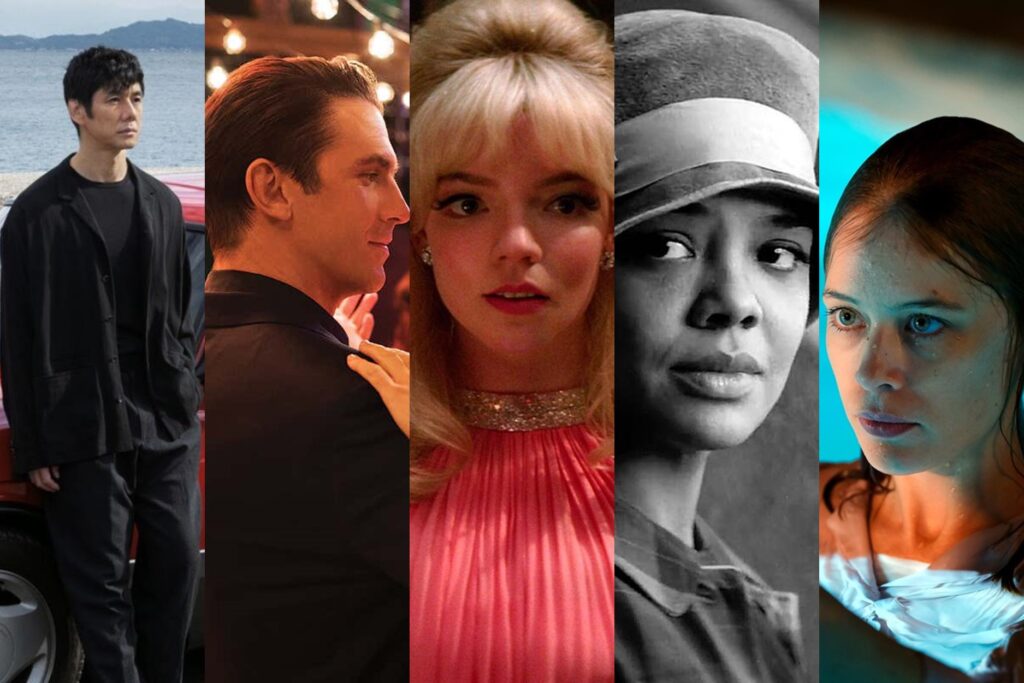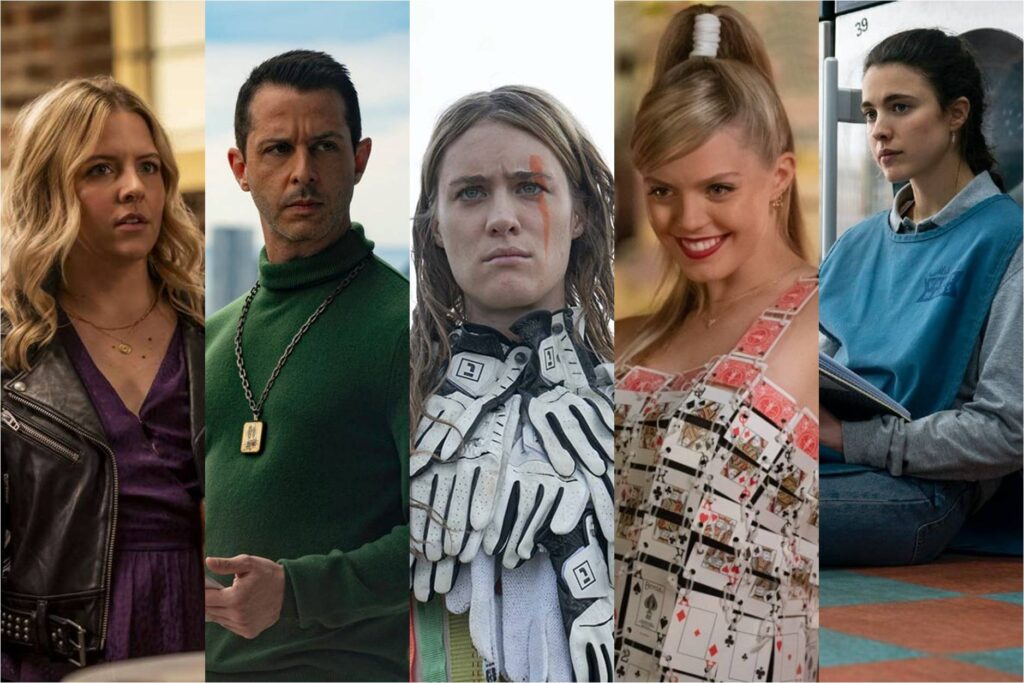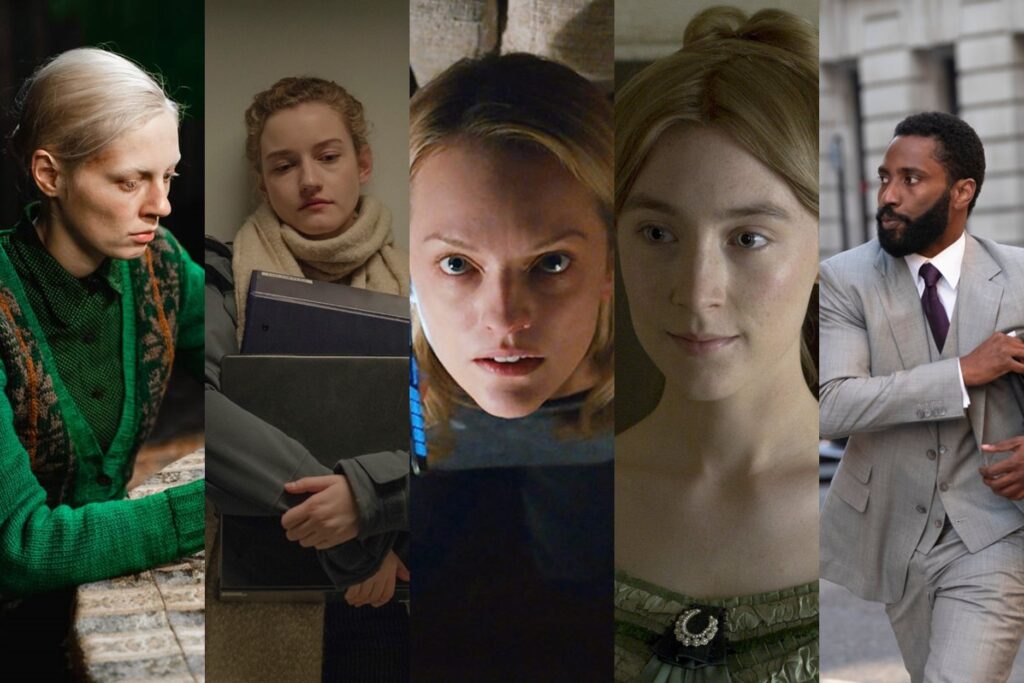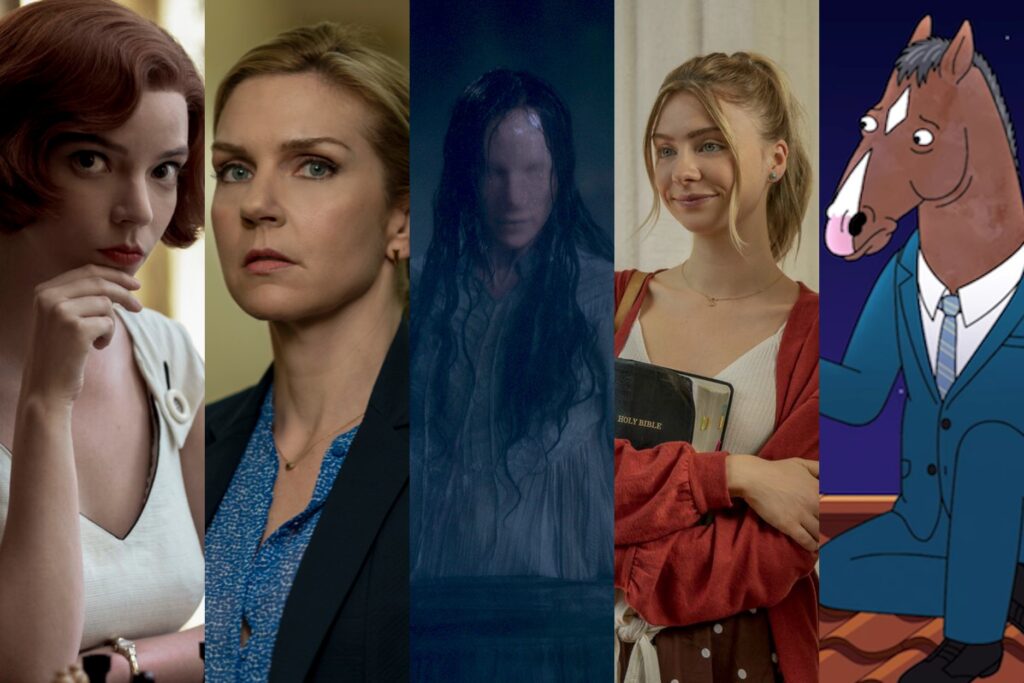The 10 Best TV Shows of 2022
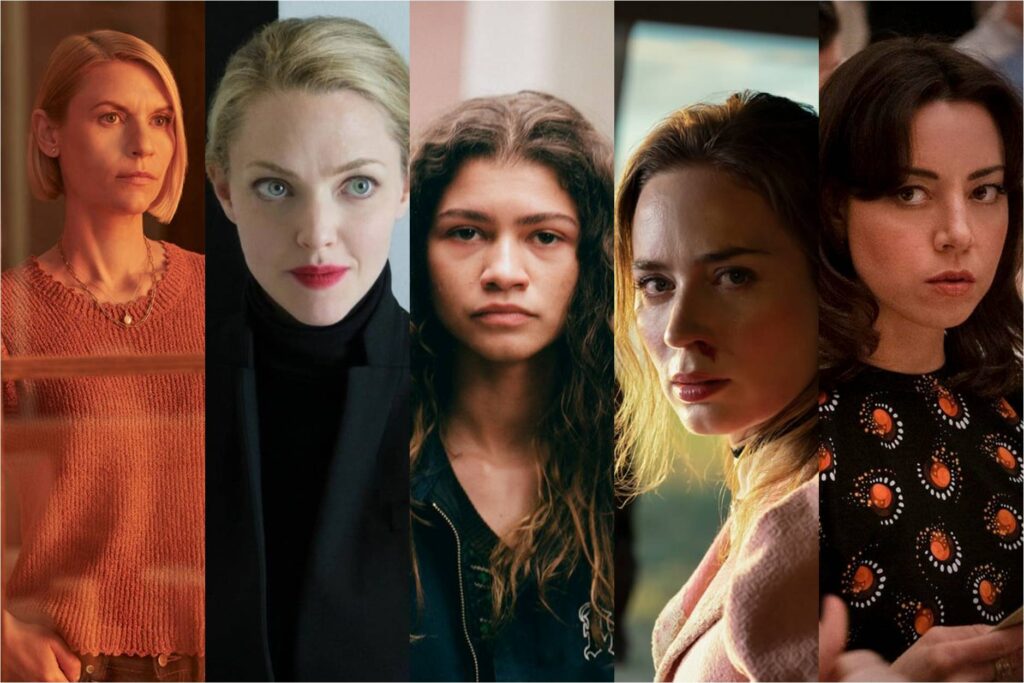
Over the past week, MovieManifesto has ranked every single TV show we watched in 2022—that’s right, all 110 of them. At long last, we’ve arrived at the finish line. But if you want to check out prior batches in the rankings, you can find them at the following links:
#s 110-96
#s 95-81
#s 80-61
#s 60-41
#s 40-31
#s 30-21
#s 20-11
10. Euphoria (HBO, Season 2; 2019 rank: 9 of 101). I know it’s ridiculous. The whole point is that it’s ridiculous. The chaotic, outlandish happenings on Euphoria—the blackmails and beatings, the kidnappings and shootouts, the elaborate student play whose production budget surely exceeded Harvard’s endowment—aren’t meant to be plausible. They’re designed to tap into the series’ melodramatic conception of teen angst—the idea that when you’re in high school, every kiss and every spat feel like seismic, life-altering events. Naturally, Season 2 expands the show’s already-sizable scope and ambition (no, I wasn’t previously familiar with Chloe Cherry’s work, why do you ask?), but the twin hearts of Euphoria remain a kind of heightened double helix: the soaring, doomed romance between Zendaya and Hunter Schafer, and the cyclonic energy of Sydney Sweeney, who plays every scene as if she’s either the neediest girl in the world or the fucking Terminator. And while Sam Levinson is far from the most subtle artist around, there’s real craft underlying his sledgehammer style, with rich colors and striking camera moves. In literal terms, Euphoria is nothing like high school. But given how boldly it evokes the swirling emotions of your past, it may as well be a documentary. Read More

